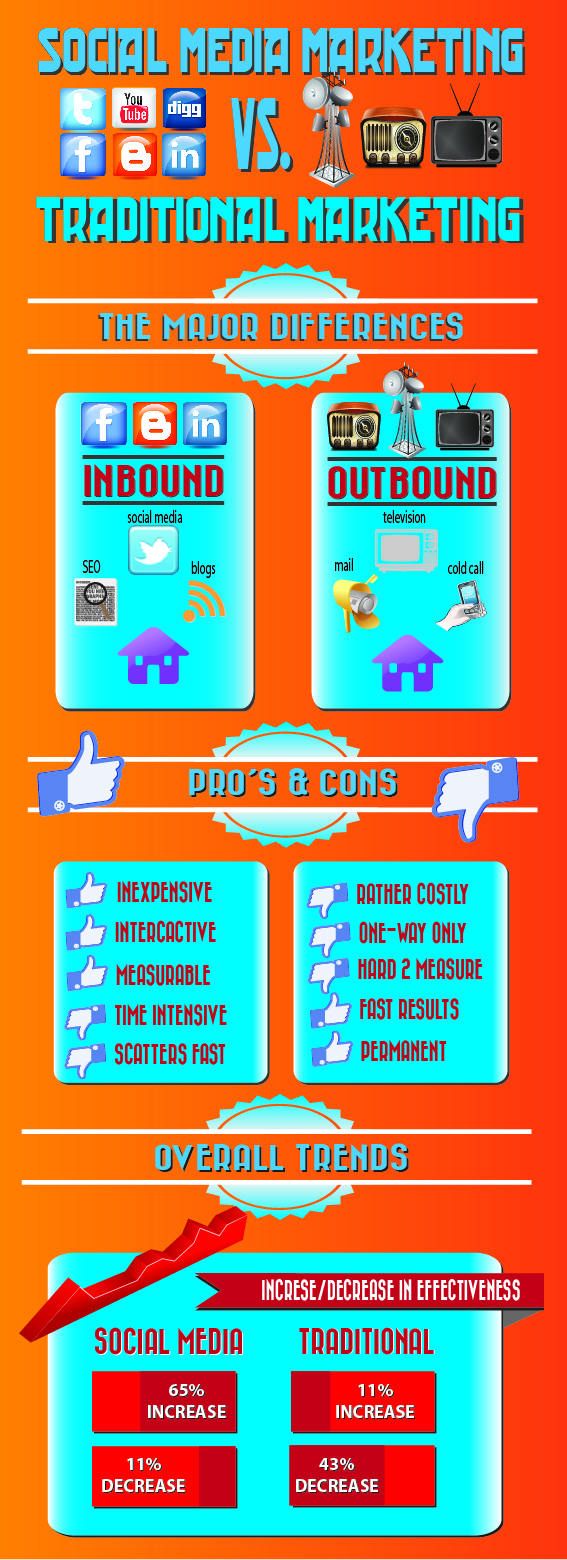Nowadays when you talk about modern PR and Marketing,
everything revolves around Social Media, the new internet. Everything and
everyone hangs out on social networks, be it on blogs or in other online
communities which makes it the logical choice for smart and effective marketing
efforts. Until not so long ago only big and reputed organizations dared to
venture into these unknown realms, but in the meantime everybody heard about
the nearly endless possibilities of being present in the social web and nearly every
business wants to be there and get a piece of the cake.
Social Media is Cheap!
That is the common misconception. In the beginning this
might be true, but just a little further down the road most businesses realize
that that is NOT true! It is pretty easy to create a company profile or a fan p
age but the constant updating and actualization requires a lot of resources.
One of the most common problems professional social media
marketing providers like Foxfang Digital Solutions encounter is that companies
actually think that Social Media in general is not that expensive and that the
price-plans of Digital Agencies are exaggerated. A Facebook or Twitter Profile
for example is quickly established they argue – but what comes next? Do the
fans and followers come all by themselves? I don’t think so!
It’s true that you
can get a lot of followers in a relatively short time, but what about the
quality? In the end, like any other marketing activity, Social Media Marketing
is all about getting new customers, isn't it? What do you do with 10k followers
but not a single lead generated?
No doubt one of the targets of a social media campaign is to
work on increasing your followers and fans, but this is a long-term goal and
doesn’t happen overnight. The major task is to engage and interact with your
community and build a real acceptance for your brand.
We are on the Social Web - LOVE US!
Let’s say you reached 10’000 fans on Facebook and already
have 1000 followers on Twitter – you think your work is over now? Wrong! Now
the actual work starts! It is extremely important now that you engage your
followership and don’t disappoint them. Because they expect that you offer some
kind of compelling and engaging content. If you fail to do so you will see
their numbers dwindle. Your fans and followers are not stupid and there are
enough of bad examples out there, companies whit a pure marketing presence who
lost the loyalty of their audience after a short time and wasted their whole
effort.
The message is quite simple: Community Management is an
intense and time consuming effort. Either you allocate internal resources or
you outsource it to an external expert – in both cases it costs you. But if you
opt to go with external consultants it will be significantly cheaper.





















